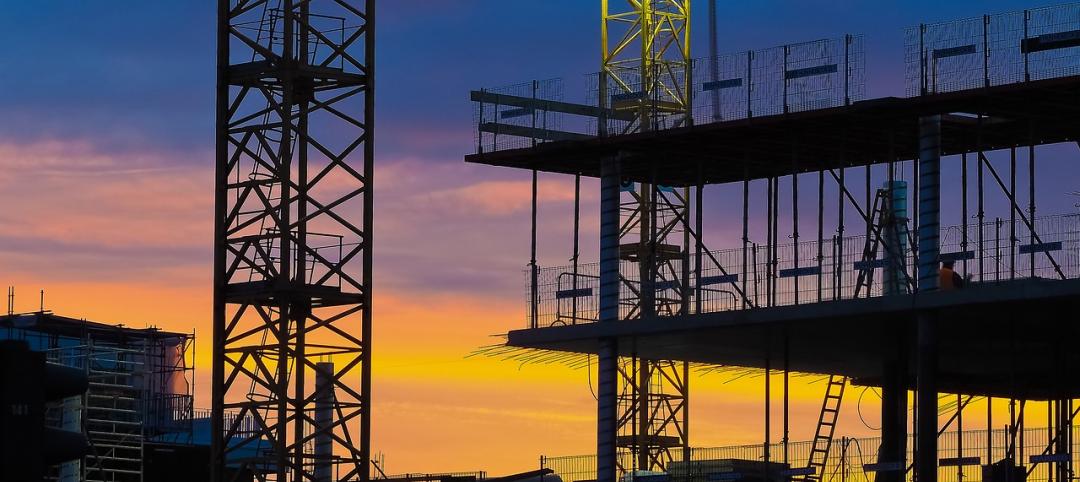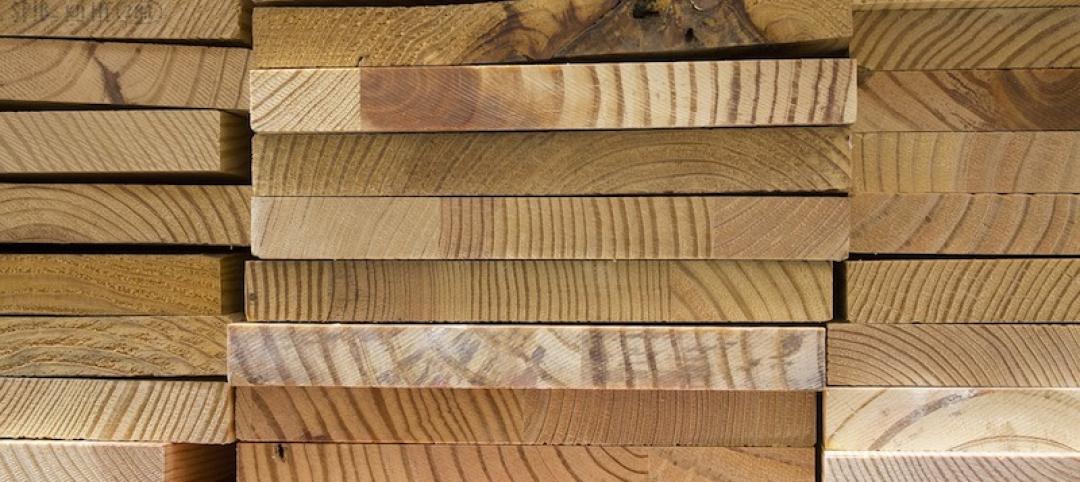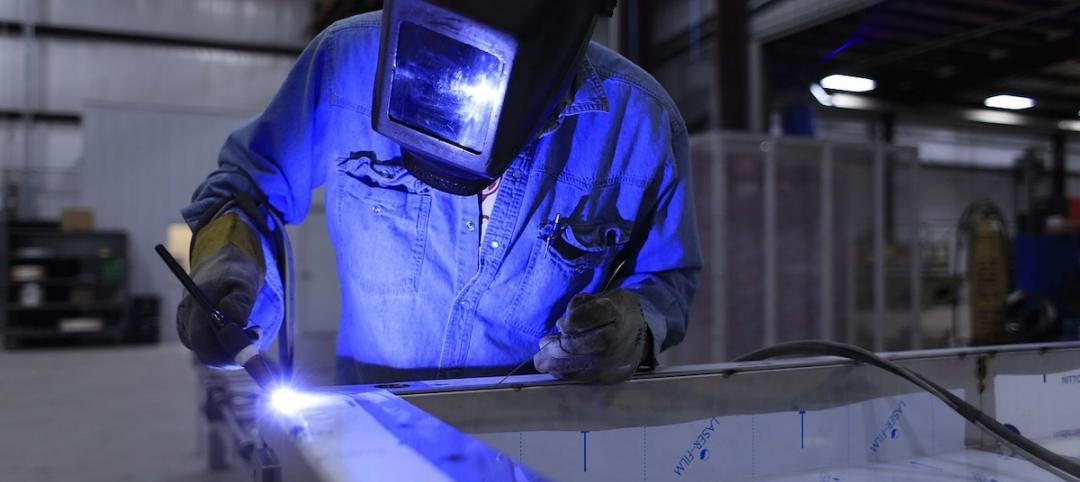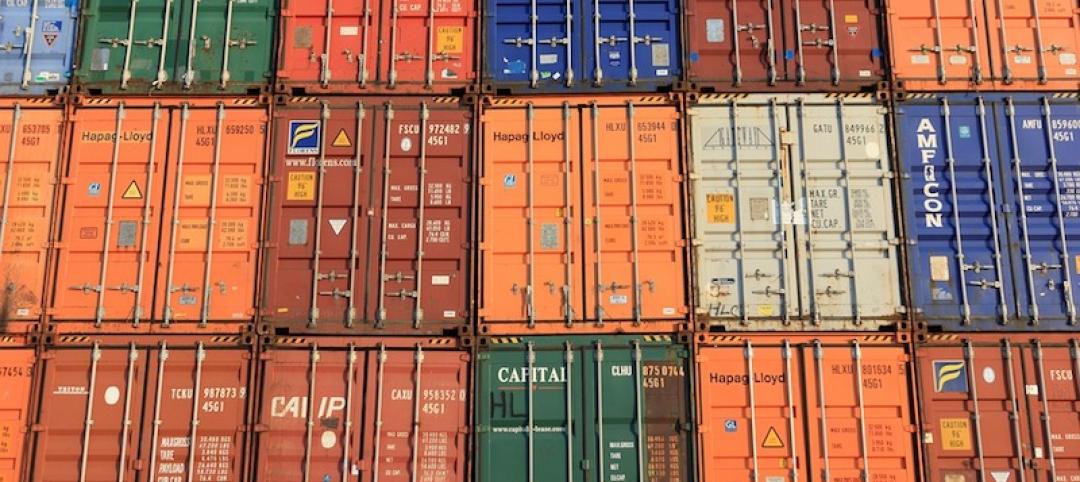Researchers at Worcester Polytechnic Institute have developed a new CO2-absorbing material that’s a low-cost alternative to concrete.
Cement production is one of the largest contributors to climate change. As published in the journal Matter, the research has led to the creation of a self-healing Enzymatic Construction Material that the research team describes as a “living material” that “provides a pathway to repair or even replace [traditional] concrete in the future.”
The material uses an enzyme, carbonic anhydrase, found in all living cells. Carbonic anhydrase efficiently reacts with CO2, and “has the unique ability to rapidly remove the greenhouse gas from the atmosphere. This property has allowed us to formulate a carbon-negative material,” says Richard Whitcomb Professor of Chemistry and Biochemistry Suzanne Scarlata.
Researchers say the material has “outstanding” compression strength, rivaling traditional mortar, making it strong enough to use in the construction of bridges or buildings as compressive elements. The research team plans to take steps to bring the material out of the lab soon and work toward commercialization.
Related Stories
Market Data | Apr 8, 2019
Engineering, construction spending to rise 3% in 2019: FMI outlook
Top-performing segments forecast in 2019 include transportation, public safety, and education.
Codes and Standards | Apr 5, 2019
Manhattan expected to adopt congestion pricing plan for automobiles
New York would be first U.S. city to charge drivers extra for downtown motoring.
Codes and Standards | Apr 4, 2019
Chicago makes major building code overhaul
Previous comprehensive changes were done 70 years ago.
Codes and Standards | Apr 3, 2019
Construction advanced materials makers can enhance industry efficiency with technology
Integration of new IT approaches in construction with new materials has potential to enhance sustainability, alleviate worker shortage.
Codes and Standards | Apr 2, 2019
Open offices reduce collaboration among employees
Counterintuitive finding makes value of wide open workspaces questionable.
Codes and Standards | Mar 29, 2019
New timber traceability LEED credit released
Pilot credit aims to reduce use of illegal wood in buildings.
Codes and Standards | Mar 28, 2019
Swinerton forms new mass timber business group
Will pursue new projects being developed with mass timber.
Codes and Standards | Mar 27, 2019
Shortage of skilled construction workers resulting in missed deadlines
Some 40% of contractors have turned down project offers.
Codes and Standards | Mar 25, 2019
ICC release 2019 guidelines for safe use of repurposed shipping containers
Provides in-depth, technical overview on how to design, review, and approve shipping containers as building elements.
Codes and Standards | Mar 22, 2019
Tool helps cities develop framework for life-cycle energy policies and track progress
Identifies policies, funding sources to address building energy use.

















